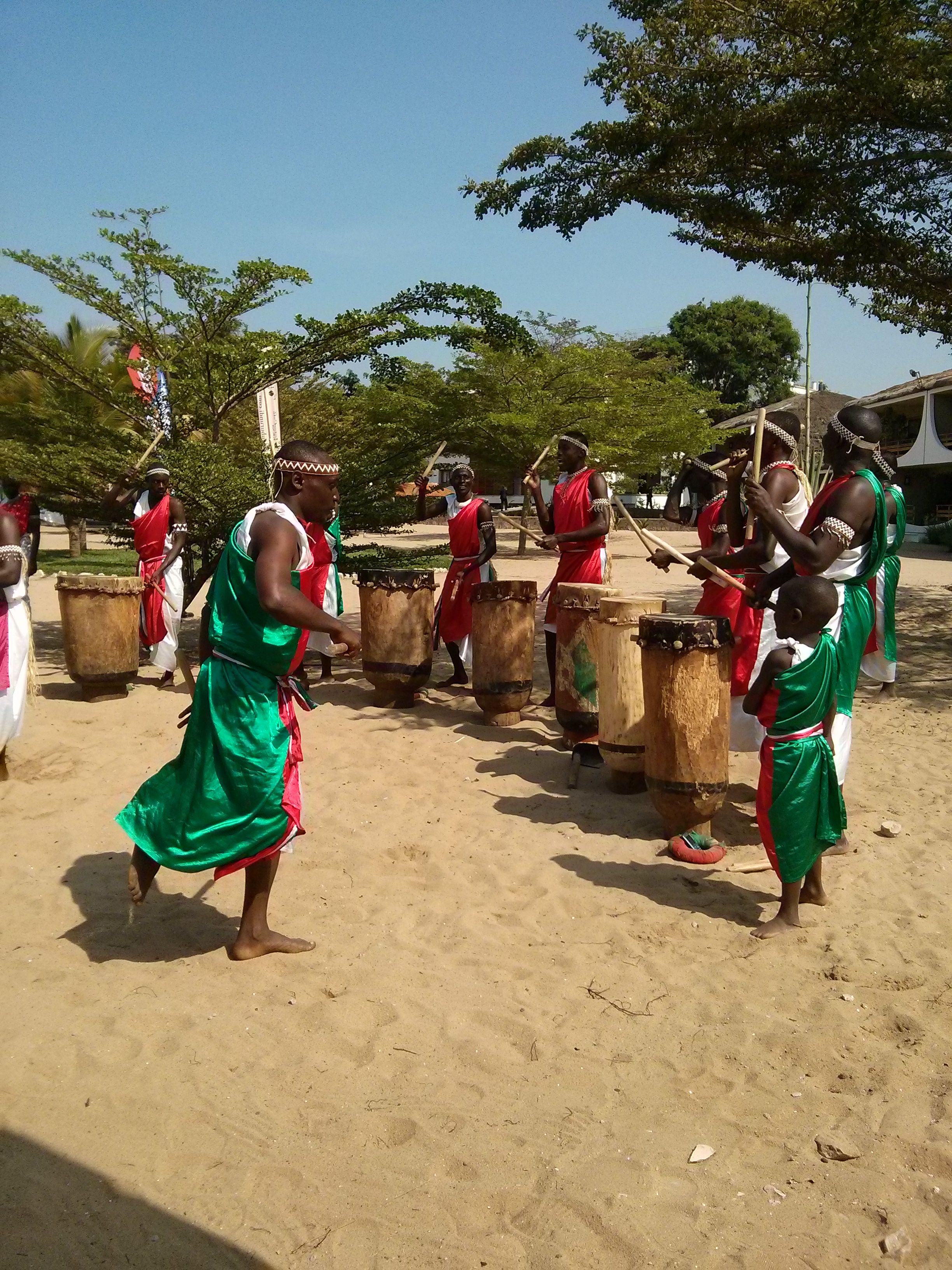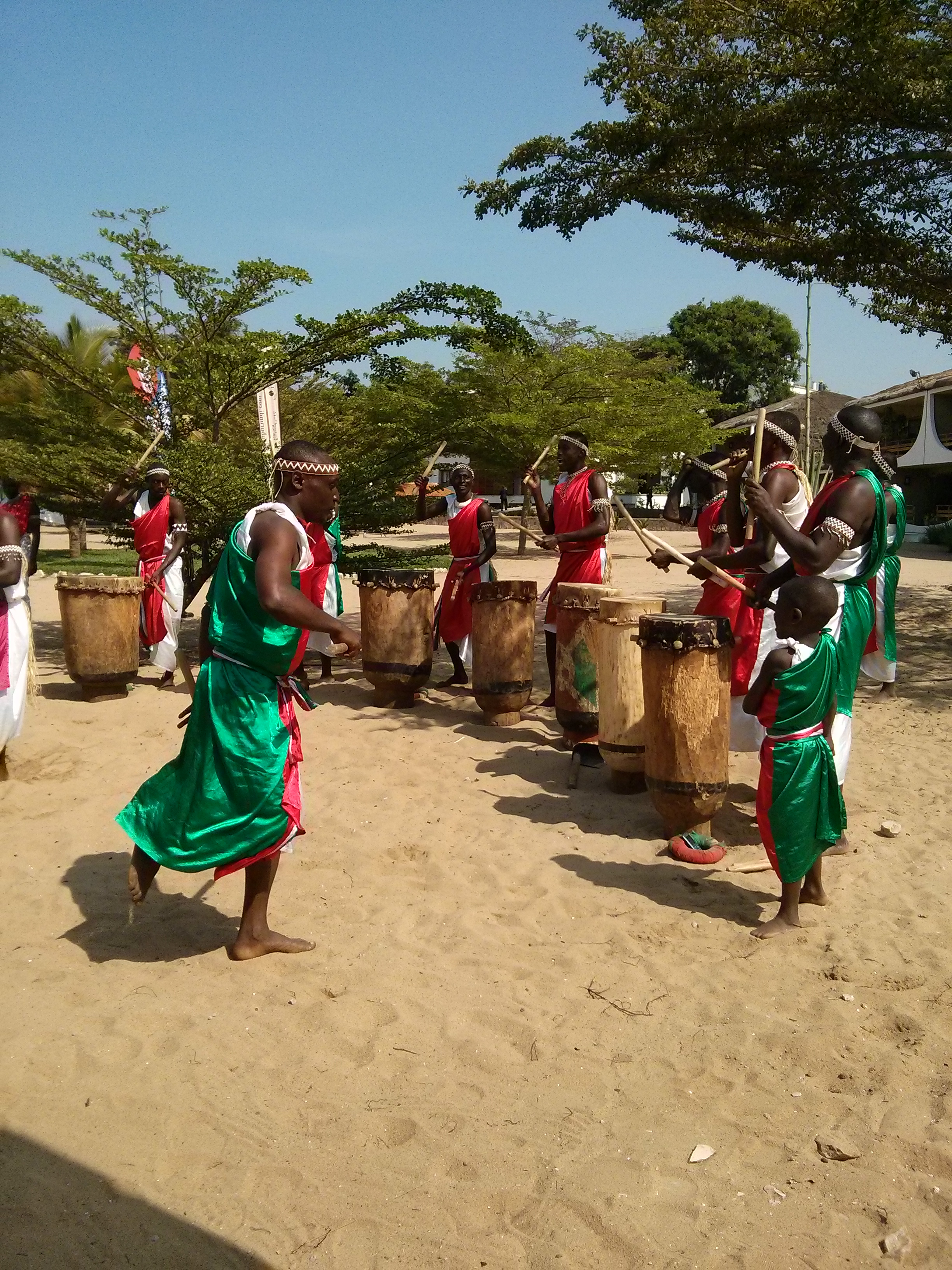I attended the African Fine Coffees Association conference last week. AFCA was founded in 2000 and aims to be, “a regional non profit, non political, member-driven association representing coffee sectors in 11 member countries namely Burundi, D.R. Congo, Ethiopia, Kenya, Malawi, Rwanda, South Africa, Tanzania, Uganda, Zambia and Zimbabwe. AFCA members include both private and public sector coffee stakeholders including producers, exporters, international importers, roasters, policy makers, transporters and trade representatives.”
What this seems to mean in practice is that it’s a venue where coffee professionals—producers, buyers, exporters, public stakeholders—involved in African coffee production and sale can get together to network and discuss the issues and development of the member coffee sectors.
In the posts to follow, I’ll focus on three topics/experiences—world coffee markets, potato taste in coffee and my visit upcountry in Kayanza--to give you an overview of this year’s AFCA conference and the potential implications for the coffees and partners CCS works with.
CCS is sourcing coffee from the best producers growing and processing the best quality coffee in their respective origins. Our partners have shown merits through consistently placing well in competitions (e.g.Cup of Excellence) as well as through their commitment and evolving working relationships with us. The coffees we approve are scoring at a minimum of 86 points (based on a combination of score sheets like COE, SCAA and our internal scoring mechanisms) and the quality of the coffees being delivered to us are noticeably better with each progressive season.
Since I am almost exclusively cupping amazing coffees, one experience from the past year that really stands out was a cupping session where I cupped coffees scoring under 80 points. This experience triggered a feeling that not only do I know very little about how most of the world’s coffee is traded, but that this gap in understanding could potentially have big impacts to what we’re able to source due to the amount of buying power and influence that commercial buyers have.
I feel that it is important to understand more about the commercial coffee trade because the mere fact that most coffee is traded through these channels affects the way specialty coffee is produced and priced. For example, although most producers I met at the conference want to produce high quality coffee and work directly with companies like CCS (and in turn with roasters like you), most of them do not possess the know-how to produce and work with specialty buyers. Working with African coffees is very different than working with most Central and South American coffees – most Latin American countries have much better coffee infrastructure, have a longer history of working closely with buyers, a longer history of private investment. Thus commercial buyers have a lot of influence and long-held relations with the cooperatives and washing stations in Africa, so their way of buying coffee and quality standards is generally the rule.
Conference attendance this year was broad enough that I had the opportunity to meet with people representing many different countries, from all throughout the production and supply chain, but also small enough that I didn’t feel like I missed out on meeting at least one representative from most of the participants there (e.g. those with exhibition booths). The vast majority of the people that attended are involved with “commercial coffee” – from price, pricing mechanism (i.e. speculative) and quality standpoints. As this conference is one of the most significant meeting points for African coffee professionals, specialty coffee needs to have more of a presence.
More and better engagement in Africa from the specialty coffee sector will not only benefit producers; it will help roasters expand menus, increase the quality and transparency of the coffee available, and lead to an even more exciting community. While there were a couple of fantastic specialty representatives in attendance (like Paul Songer from ACE and Wendy de Jong from Single Origin Roasters in Australia), leading some of the most interesting discussions in the program, the general vibe of the conference was commercial.
The main themes of the program included women in coffee, a sustainability forum, the case of the African smallholder, the world coffee market, finance, potato taste in coffee, a (large-scale) roaster’s perspective to sustainability, and the African coffee industry. Unfortunately I didn’t arrive early enough to attend the women in coffee meeting and didn’t have enough time while I was there to attend all the lectures and discussions, but I did attend the world coffee market and potato taste discussions, amongst all the networking and meetings with current and potential future partners. It was a really great two days at the conference and then I had the privilege of being taken up-country to the Kayanza region where Long Miles Coffee gave me a tour of their current washing station and showed me the site of their new one. Hope you enjoy the following summaries.
[gigya src="http://www.flickr.com/apps/slideshow/show.swf?v=71649" width="700" flashvars="offsite=true&lang=en-us&page_show_url=/photos/100617082@N06/sets/72157641307832163/show/&page_show_back_url=/photos/100617082@N06/sets/72157641307832163/&set_id=72157641307832163&jump_to=" allowFullScreen="true" ]



